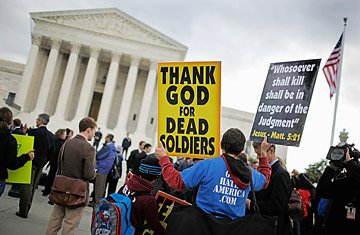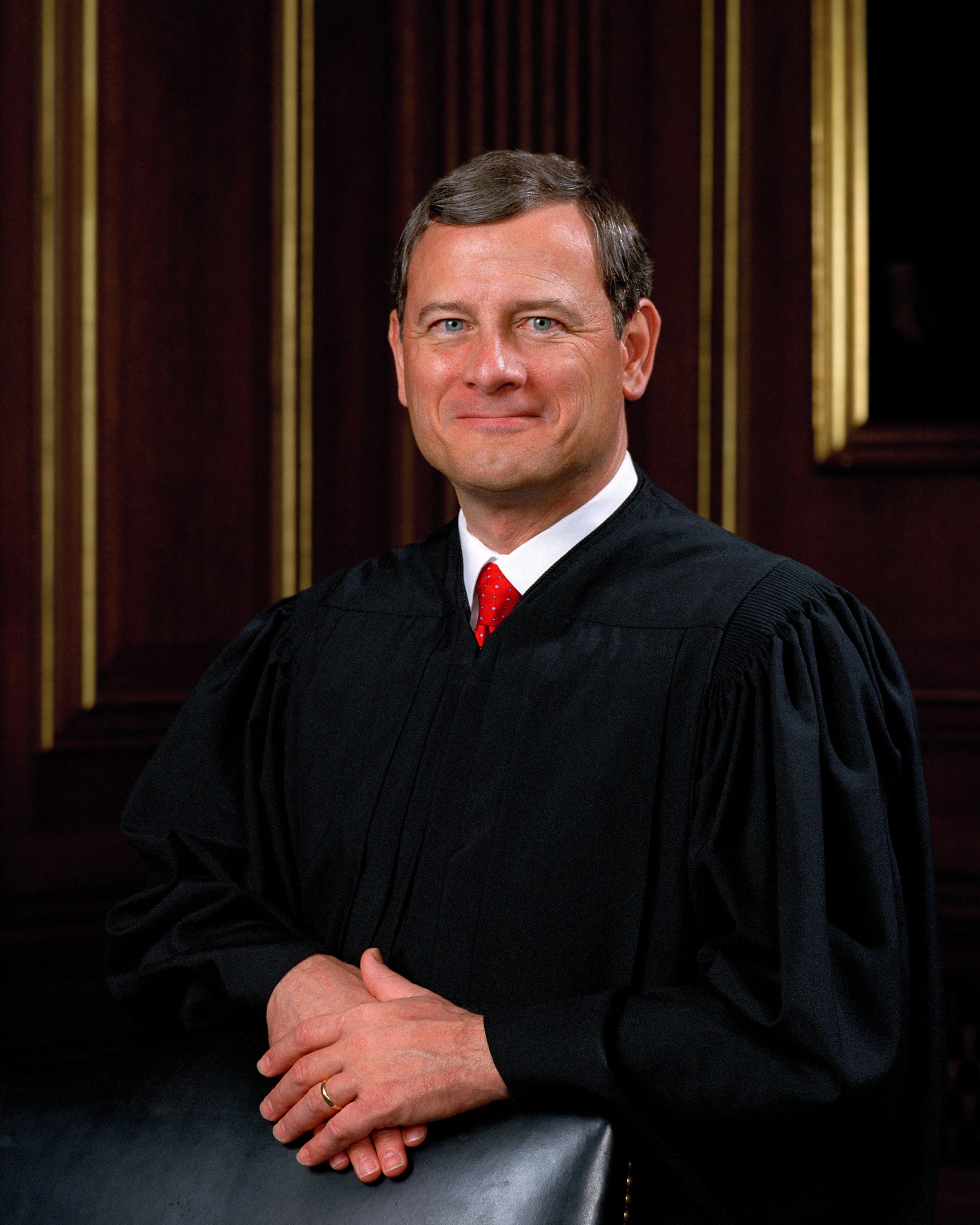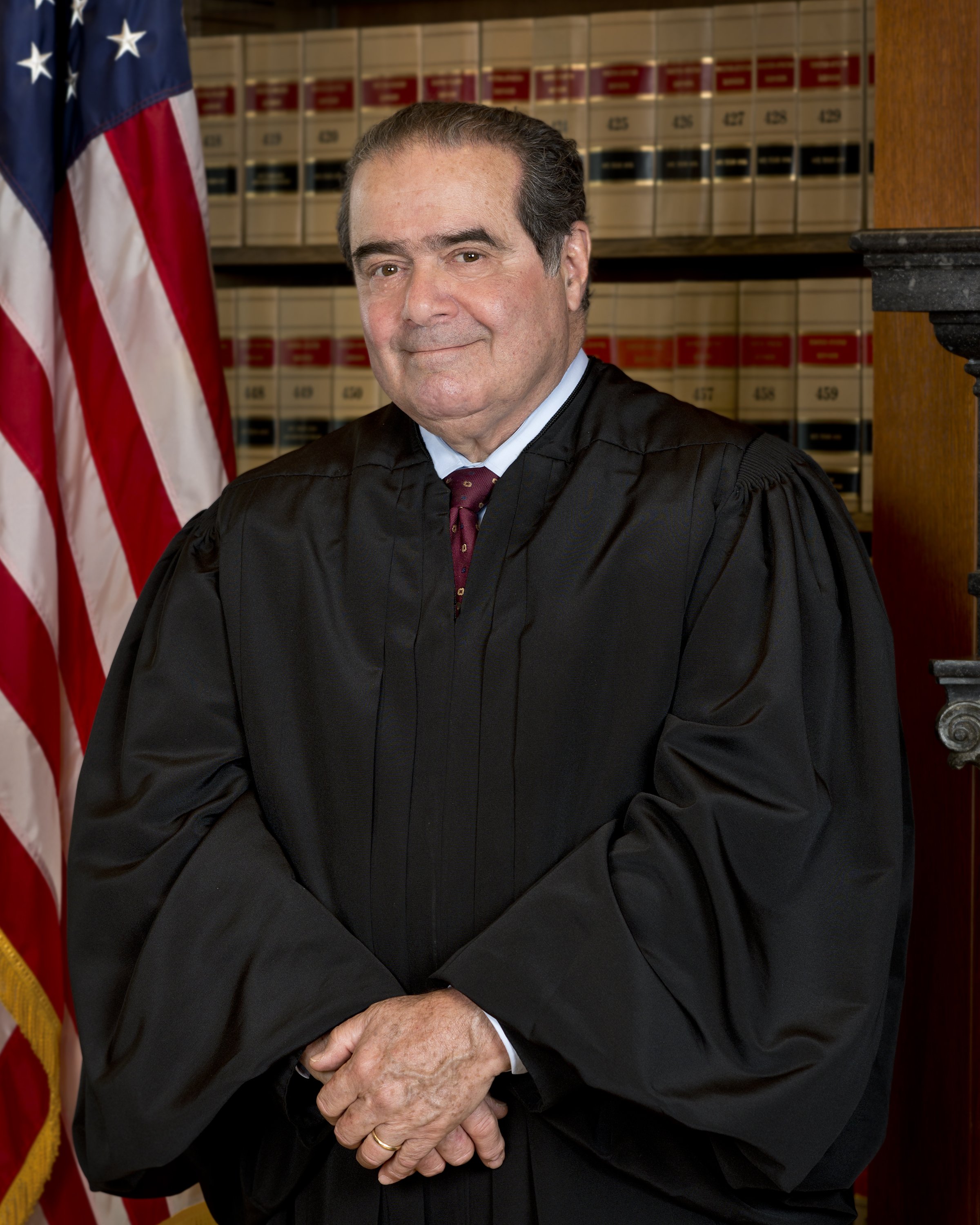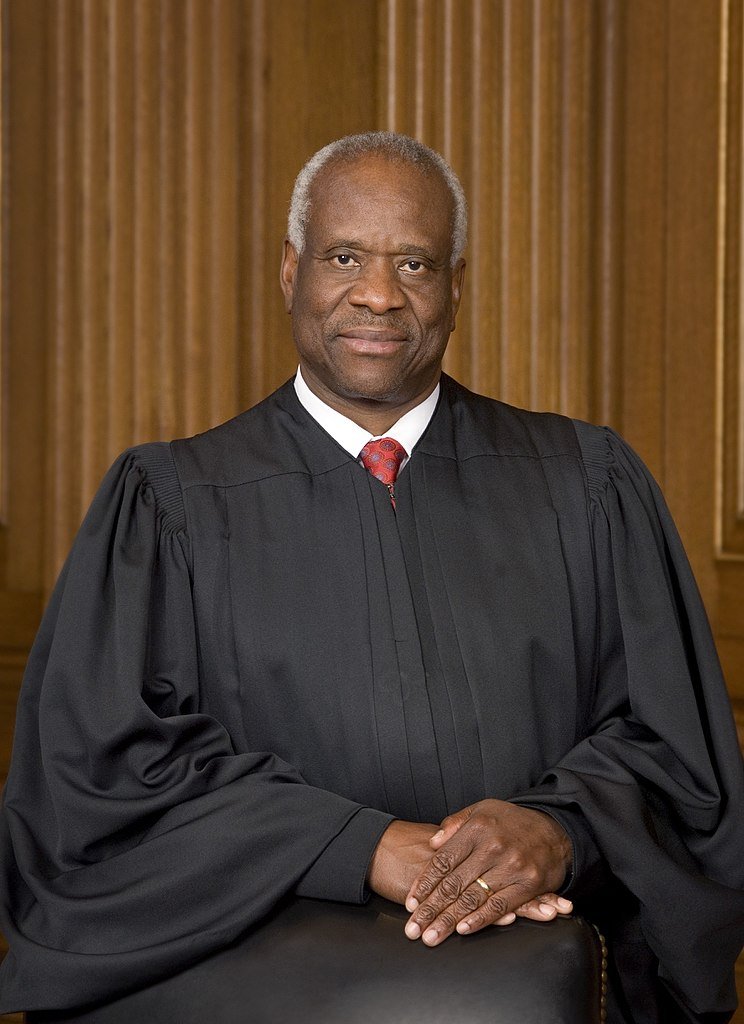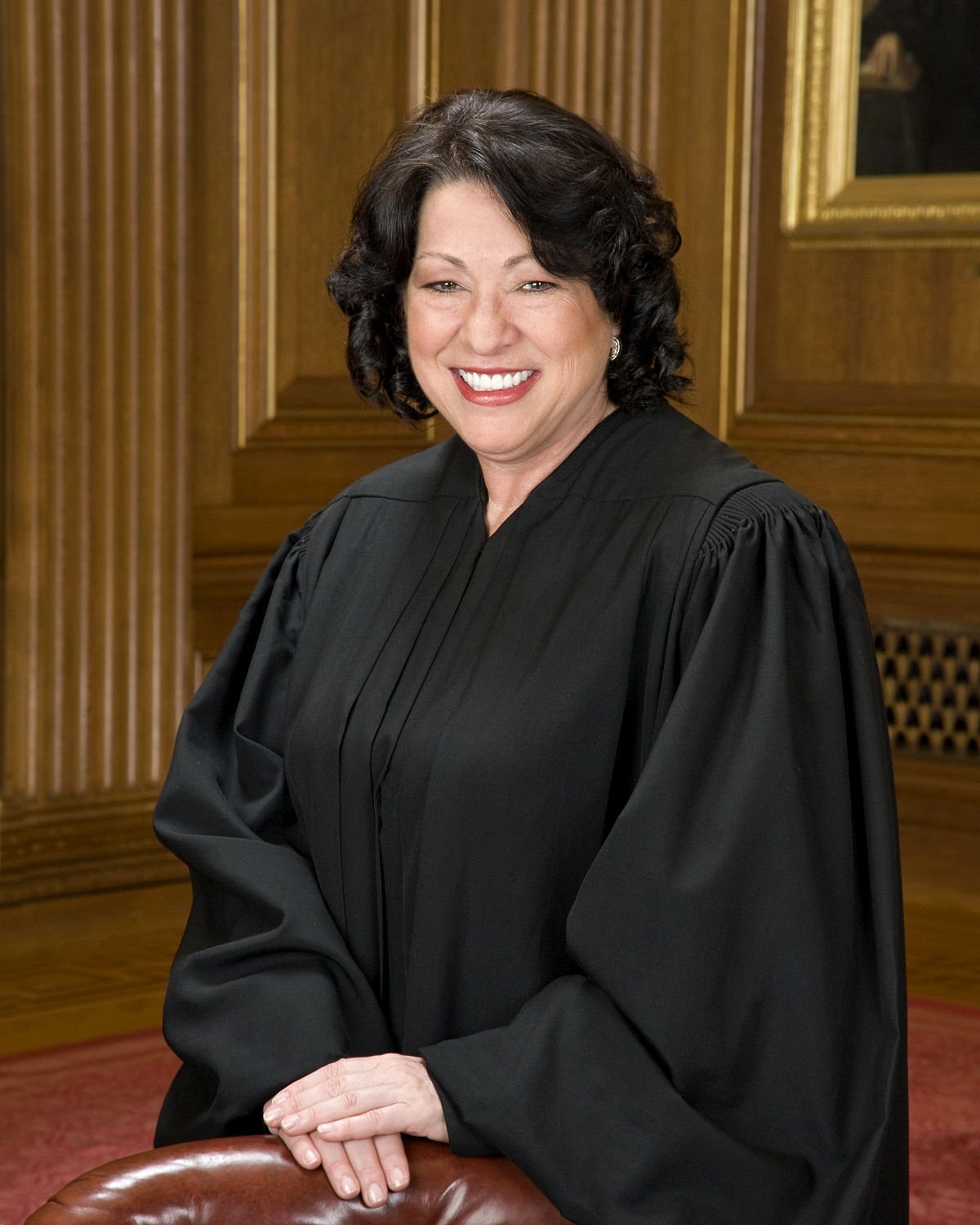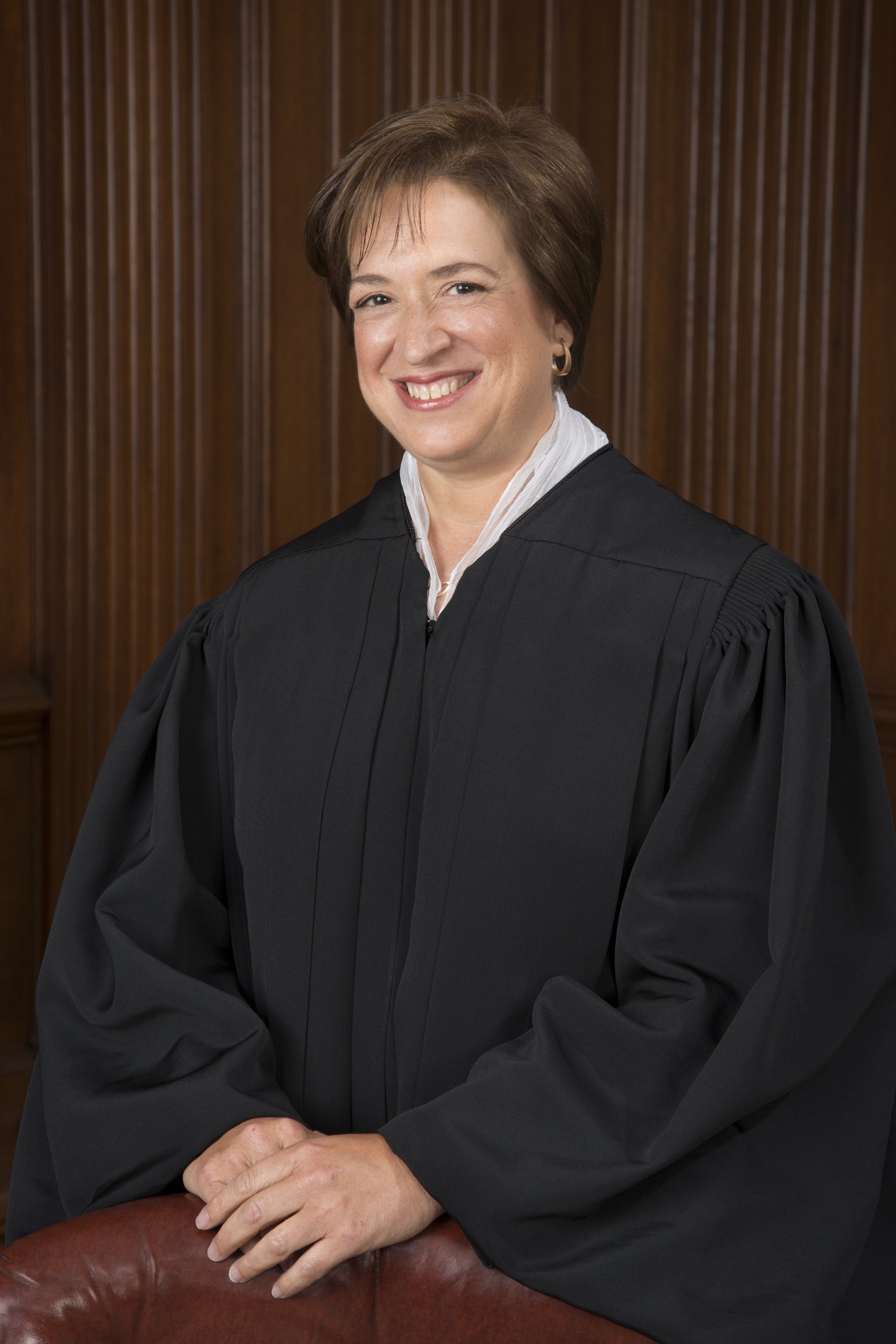Snyder v. Phelps
Case Overview
CITATION
491 U.S. 397 (1989)
ARGUED ON
October 6, 2010
DECIDED ON
March 2, 2011
DECIDED BY
Legal Issue
Does the right to free speech limit the liability of protestors at a funeral for intentionally inflicting emotional distress on the family of the deceased?
Holding
Yes, the First Amendment protects funeral protesters from liability for intentionally inflicting emotional distress on the family of the deceased.
Supporters of Westboro Baptist Church demonstrate outside the Supreme Court | Credit: Chip Somodevilla/Getty Images
Background
In 2006, Lance Corporal Matthew Snyder of the United States Marines was killed in Iraq in the line of duty. Matthew’s parents held a funeral for their son in the Catholic church in their hometown of Westminster, Maryland. After local newspapers published the time and location of the funeral, Fred Phelps, founder of the Westboro Baptist Church, organized a protest of Matthew’s funeral (at this point, Westboro had protested at approximately 600 funerals across the country). Phelps subsequently traveled from Kansas to Maryland with two of his daughters and six of his grandchildren. Before the protest, Phelps notified the authorities of his intentions and complied with police instructions in staging their demonstration. The protest took place behind a temporary fence on public land that was approximately 1,000 feet away from the church. During the demonstration, protestors raised signs that displayed messages such as “God Hates the USA/Thank God for 9/11,” “Thank God for Dead Soldiers,” and “God Hates Fags.” The demonstration lasted for approximately 30 minutes, during which the protestors sang hymns and recited Bible verses but did not yell, use profanity, or incite any violence.
Following the demonstration, Matthew’s father, Albert, filed a lawsuit against Phelps, his daughters, and the Westboro Baptist Church in the United States District Court for the District of Maryland alleging five state tort law claims: defamation, publicity given to private life, intentional infliction of emotional distress, intrusion upon seclusion, and civil conspiracy. The District Court granted Westboro summary judgement on two of the claims (defamation and publicity given to private life), but a trial was held on the remaining claims. A jury found Westboro liable for $2.9 million in compensatory damages and $8 million in punitive damages, but the District Court amended the amount in punitive damages to be $2 million. On appeal, the Court of Appeals found that the messages displayed on Westboro’s signs were “on matters of public concern, were not provably false, and were expressed solely through hyperbolic rhetoric,” and thus they deserved First Amendment protection. The Supreme Court then granted certiorari.
Summary
8 — 1 decision for Phelps
Snyder
Phelps
Roberts
Breyer
Alito
Sotomayor
Kagan
Ginsburg
Thomas
Scalia
Kennedy
Opinion of the Court
Writing for the Court, Chief Justice John Roberts held that the Westboro Baptist Church’s protest outside of Matthew Snyder’s funeral was protected speech under the First Amendment. Roberts explains that Westboro’s protest was related to issues of public concern rather than private ones, writing that “Westboro conducted its picketing peacefully on matters of public concern at a public place adjacent to a public street. Such space occupies a ‘special position’ in terms of First Amendment protection.” Since the protestors conducted themselves peacefully, cooperated with law enforcement, and caused no outbreak of violence, there is no reason to intrude upon their right to free speech or protest. Roberts further asserted that the funeral setting does not change the protection given to Westboro by the First Amendment.
Roberts acknowledged the egregiousness of the speech in question in this case, writing that “Speech is powerful. It can stir people to action, move them to tears of both joy and sorrow, and—as it did here—inflict great pain.” The fact that speech is offensive or hurtful, however, is not enough for it to be punished. For tort liability, “a plaintiff must demonstrate that the defendant intentionally or recklessly engaged in extreme and outrageous conduct that caused the plaintiff to suffer severe emotional distress.” He did not believe the facts of this case met that standard. Roberts concluded that one of our fundamental principles is protecting even speech which we hate, writing that “As a Nation we have chosen. . . to protect even hurtful speech on public issues to ensure that we do not stifle public debate. That choice requires that we shield Westboro from tort liability for its picketing in this case.”
Dissenting Opinion by Justice Alito
In his solo dissent, Justice Samuel Alito rejected the argument that the First Amendment protected the right of Westboro Baptist Church to protest Matthew Snyder’s funeral, writing “Our profound national commitment to free and open debate is not a license for the vicious verbal assault that occurred in this case.” Alito rejected the Court’s finding that the protest deserved special protection under the First Amendment because it was on a matter of public concern, pointing out that neither Albert nor Matthew Snyder were public figures before the protest and that “respondent’s attack on Matthew was of central importance” to Westboro’s protest. Specifically, Alito found that the protest targeted Matthew Snyder for his Catholic faith and his position as a member of the U.S. military. He wrote, “While commentary on the Catholic Church or the United States military constitutes speech on matters of public concern, speech regarding Matthew Snyder’s purely private conduct does not.”
Additionally, Alito held that funerals are a unique event that are deserving of special protection against emotional assaults. Alito explained that funerals are a time of extremely acute emotions for families and that parents ought to be able to bury their child in peace, writing “Exploitation of a funeral for the purpose of attracting public attention ‘intrudes upon their grief,’ and may permanently stain their memories of the final moments before a loved one is laid to rest. Allowing family members to have a few hours of peace without harassment does not undermine public debate.”
Alito also warned that it is dangerous to allow groups like the Westboro Baptist Church to use events such as funerals to protest because it will only encourage others to hijack such events in order to gain public attention. Alito proved this by pointing to Westboro’s conduct in this case, showing that they didn’t dispute “that their speech was ‘so outrageous in character, and so extreme in degree, as to go beyond all possible bounds of decency, and to be regarded as atrocious, and utterly intolerable in a civilized community.’ Instead, they maintained that the First Amendment gave them a license to engage in such conduct. They are wrong.”
